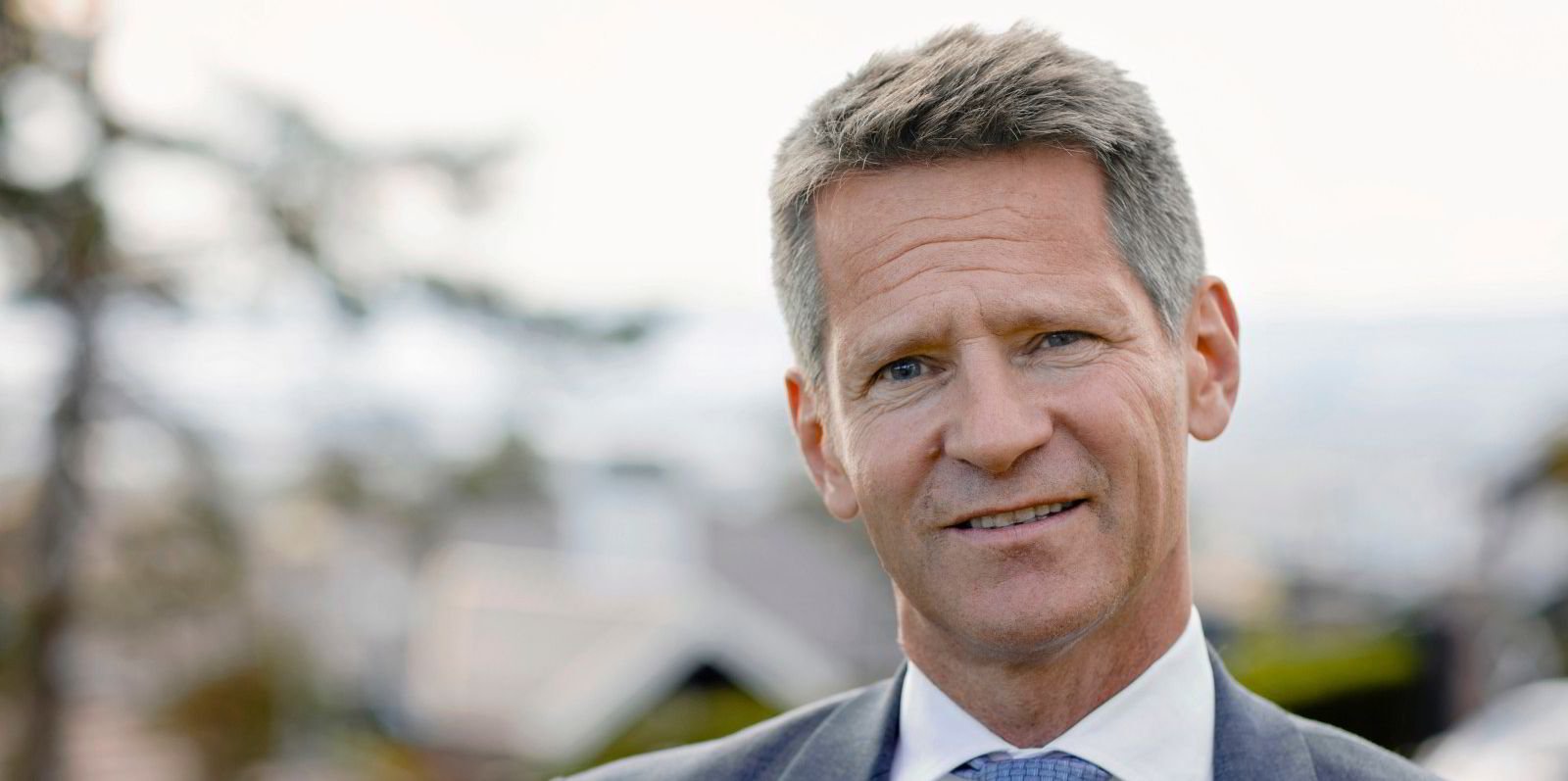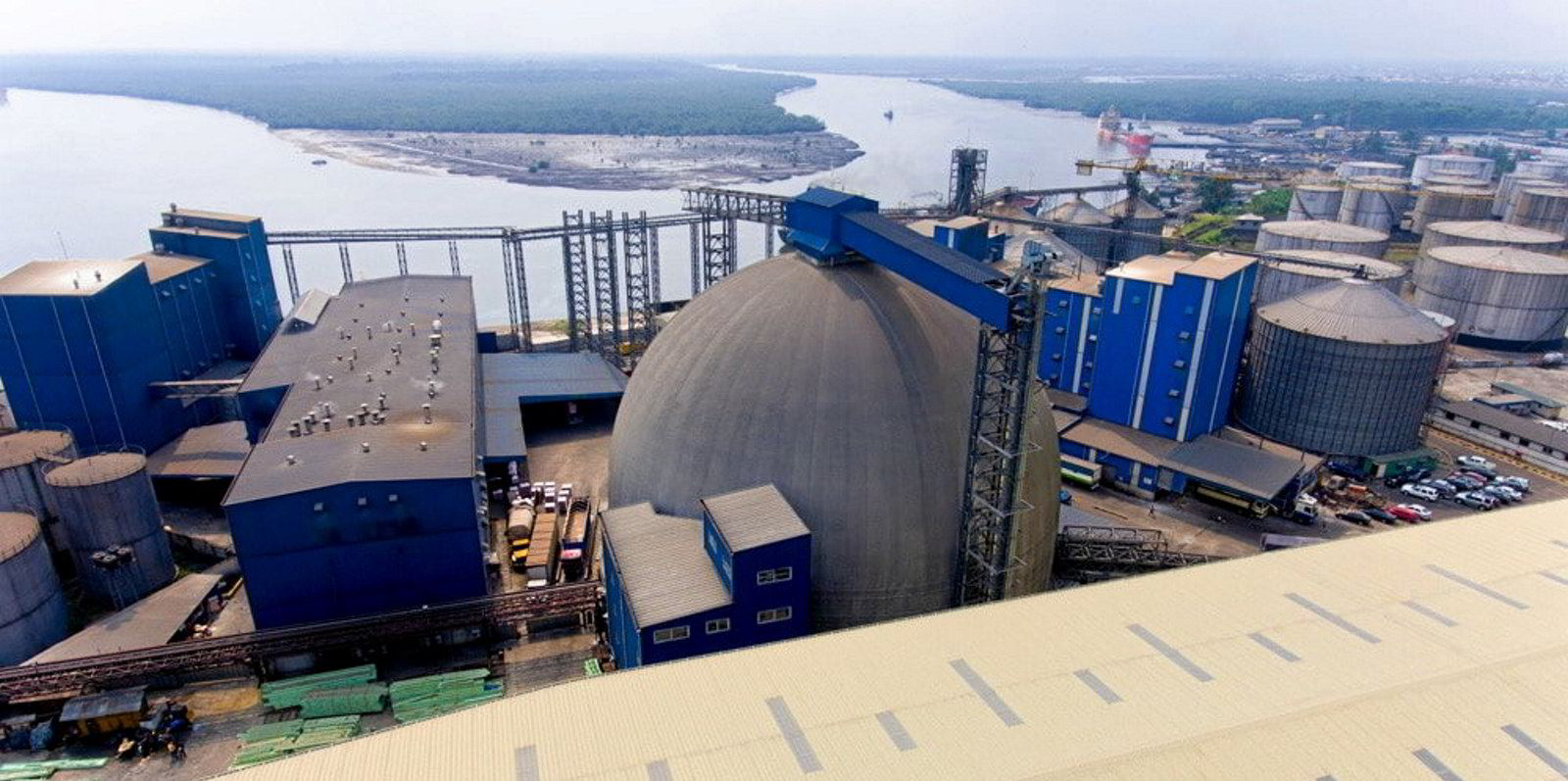Norway’s Klaveness Combination Carriers (KCC) is enjoying a twin boost as bulker and tanker markets prosper at the same time.
The Oslo-listed owner of vessels that carry both oil products and dry bulk cargoes said this is the first time both sectors have seen rising markets together since the company was spun out of Torvald Klaveness in 2018.
Net profit in the first quarter was $7.3m, turning around a loss of $2m in the same period of 2021.
The 2022 figure was boosted by one-off gains of $7.8m, however, mainly related to the sale of one older vessel.
Revenue grew to $46.5m from $37.4m.
Average time charter equivalent (TCE) earnings were $21,577 per day, up to 2.8 times higher than standard tankers.
Chief executive Engebret Dahm called the result satisfactory despite a relatively weak start to the year for both the product tanker and dry bulk markets.
“Both markets improved considerably during the quarter and with both markets at historically strong levels, the outlook for KCC’s TCE earnings for Q2 is the highest for over 10 years,” he added.
KCC believes the main effects of the recovery, partly because of the Ukraine war, will be seen in the second three months.
Three new clients have been secured for its Cleanbu oil product and dry bulk vessels so far this year.
Lockdowns cloud the picture
The board is proposing a dividend of $0.18 per share for first quarter of 2022, a total of $9.4m.
The outlook for 2022 has improved considerably over the last few months, with strong markets set to continue, the company said.
But Covid-related shutdowns in China will likely have a negative impact on the dry bulk market particularly, KCC warned.
“The longer-term outlook is more uncertain due to a highly unpredictable macro environment,” the shipowner said.
“A historic low orderbook and tight yard capacity will cap fleet growth for the next couple of years, limiting downside risks in both the tanker and dry bulk market,” KCC added.





